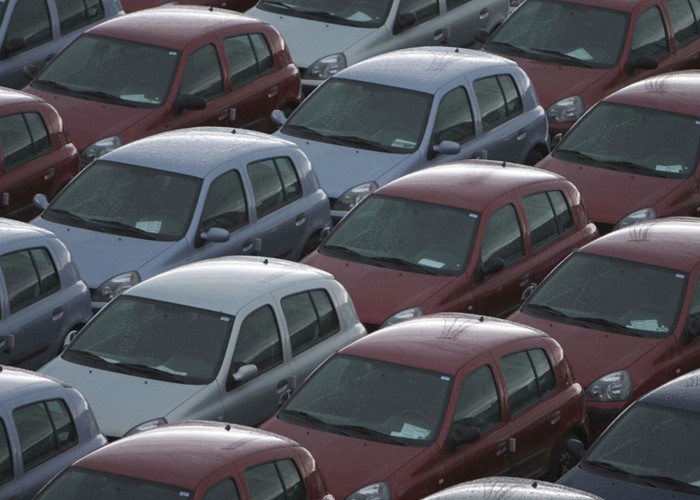Councils cashing in on parking as profits climb 15%

Find out which councils made the most from parking charges last year.
Councils in England made over £411 million-worth of profit from parking charges last year, according to research carried out by the Institute of Advanced Motorists (IAM).
The profit made during 2011/12 represents a 14.9% increase on the £358 million yield brought in over 2010/11.
In total, 353 councils were looked at using data available from the Department for Communities and Local Government.
So which local authority made the most out of our parking misery last year?
Top 20 council cash cows
Here are the top 20 councils which made the most profit from parking charges last year:
|
Rank |
Local authority |
Parking profit 2011/12 (£)* |
|
1 |
Westminster |
37,985,000 |
|
2 |
Kensington & Chelsea |
27,483,000 |
|
3 |
Camden |
24,816,000 |
|
4 |
Hammersmith & Fulham |
19,089,000 |
|
5 |
Wandsworth |
16,120,000 |
|
6 |
Brighton & Hove UA |
13,676,000 |
|
7 |
Islington |
10,204,000 |
|
8 |
Newham |
7,192,000 |
|
9 |
Milton Keynes UA |
6,468,000 |
|
10 |
Newcastle upon Tyne |
6,225,000 |
|
11 |
Manchester |
5,957,000 |
|
12 |
Tower Hamlets |
5,769,000 |
|
13 |
Hackney |
5,735,000 |
|
14 |
Lambeth |
5,690,000 |
|
15 |
Guildford |
5,640,000 |
|
16 |
Leeds |
5,532,000 |
|
17 |
Haringey |
5,312,000 |
|
18 |
Hounslow |
5,291,000 |
|
19 |
Merton |
5,212,000 |
|
20 |
Bath & North East Somerset UA |
4,836,000 |
*Figures calculated by IAM from Department for Communities and Local Government Revenue Outturn data 2011/12
As you can see the top council earners for 2011/12 are located in London, with Westminster residents suffering the most and forking out nearly £38 million in parking charges.
Outside of the Capital, Brighton & Hove proved to be the biggest earner, bringing in just over £13.5 million in profit for the council last year.
In Islington the council managed to boost profits by 107.7% compared to 2010/11. Newham (100.5%), Wandsworth (79.1%) and Haringey (63.1%) also managed to bolster their coffers by an extraordinary amount.
Regionally, London and the South East made the most in parking charges whereas the North East and East of England made the least.
Spending cuts
While income from parking charges was plentiful, spending on some key areas fell.
The IAM found that the amount spent on road safety, education and safe routes to schools had dropped by 18%.
All in all spending on highways and transport was reduced by 6% and it is expected to drop a further 11% over 2012/13 which could mean a back log of repairs according to IAM Chief Executive, Simon Best.
So even though councils are making record revenues in some areas it appears spending cuts are still the bottom line in Local Government.
How’s parking your end?
What are the parking charges like in your area? Let us know in the comment box below.
More on parking:
Comments
Be the first to comment
Do you want to comment on this article? You need to be signed in for this feature